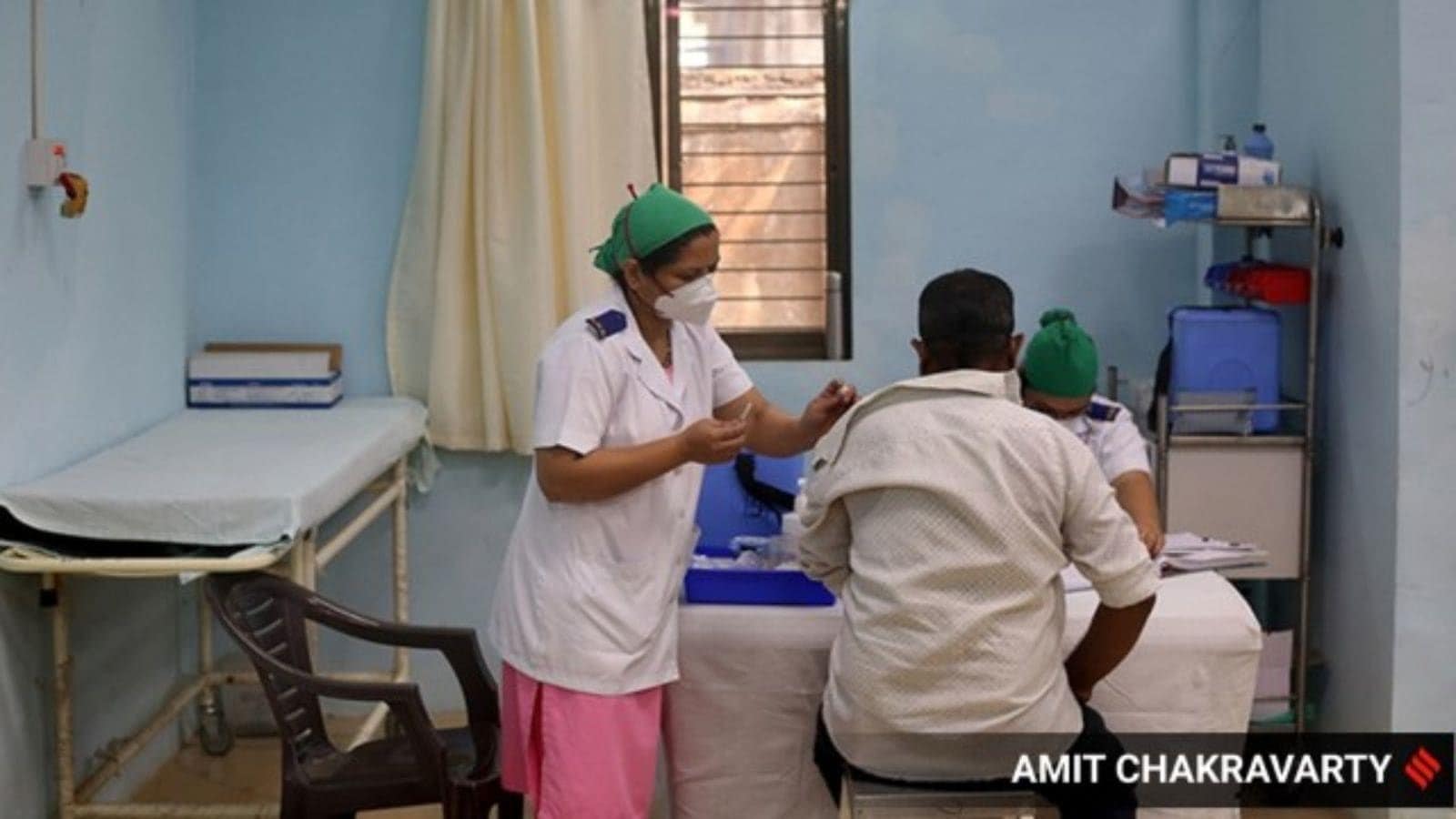Guillain-Barré Syndrome (GBS) is a rare but serious neurological disorder in which the body’s immune system mistakenly attacks the peripheral nerves. These nerves, which connect the brain and spinal cord to the rest of the body, play a crucial role in movement and sensation. When the immune system mistakenly targets them, it disrupts the normal transmission of nerve signals, leading to weakness, numbness, and in some cases, paralysis.
Story continues below this ad
The exact cause of GBS is not always known, but it is typically preceded by an infection that triggers an abnormal immune response. The most common triggers include: Bacterial infections, particularly Campylobacter jejuni, which is commonly found in contaminated food and water and causes food poisoning; and viral infections, including influenza, Epstein-Barr virus (which causes mononucleosis), Zika virus, and cytomegalovirus. Recent medical procedures or surgeries, in rare cases, can trigger an immune response leading to GBS. Vaccinations, though in extremely rare cases, have been linked to GBS in isolated cases, particularly the flu vaccine and some COVID-19 vaccines.
Once GBS develops, it can progress rapidly. Symptoms often begin with tingling or weakness in the legs, which may spread to the arms and upper body. In severe cases, patients may experience difficulty breathing due to muscle paralysis, requiring intensive care.
GBS is not a contagious disease, meaning it does not spread from person to person like the flu or COVID-19. Instead, it arises due to an immune system dysfunction triggered by an external factor, as explained above. The outbreak in Pune has been sourced to a contaminated water source, leading to an increase in Campylobacter jejuni infections, which subsequently caused more cases of GBS. Although GBS is rare — affecting about one or two people per 100,000 annually — the cluster of cases in Pune has raised alarms.
Story continues below this ad
Course and prognosis
GBS symptoms usually develop over the course of a few days to a few weeks. The condition progresses through three phases:
Acute chase (1-4 weeks): Symptoms worsen, with increasing weakness and possible paralysis. In severe cases, breathing difficulties may arise, requiring mechanical ventilation.
Plateau phase (days to weeks): The progression of symptoms stabilises, and the patient neither worsens nor improves significantly.
Recovery phase (months to years): Nerve regeneration begins, and muscle strength gradually returns. Most patients recover fully, though some may experience residual weakness or fatigue.
With early medical intervention, including plasma exchange or intravenous immunoglobulin (IVIG) therapy, most patients recover. Around 80 per cent regain full function within six to 12 months, while a small percentage may experience long-term complications.
Should We Panic? Absolutely not. While the sudden outbreak in Pune is concerning, it does not signify an epidemic in the traditional sense. Since GBS is not transmitted from person to person, the focus should be on eliminating the source of contamination — Campylobacter jejuni — rather than fearing mass transmission. By improving sanitation, ensuring access to clean drinking water, and maintaining good hygiene, further cases can be prevented.
Immunisation: Friend or foe?
Vaccines are essential for preventing infectious diseases and protecting public health. While there have been rare cases of GBS following certain vaccinations, such as flu shots and COVID-19 vaccines, the risk remains extremely low —approximately one to two cases per million doses administered. On the other hand, preventing infections through vaccines reduces the likelihood of developing GBS, as infections like influenza and COVID-19 are known triggers for the syndrome.
most read
For example, in the past, the swine flu vaccine was linked to a slightly increased risk of GBS. However, subsequent studies have shown that the flu itself poses a much greater risk of triggering GBS than the vaccine. This highlights the importance of balancing the minimal risk associated with immunisation against the significant benefits of disease prevention.
Instead of widespread panic, efforts should be directed toward containing the contamination in Pune, improving public health measures, and ensuring early diagnosis and treatment for affected individuals. Understanding that GBS is not contagious but rather an immune response to specific triggers will help people respond rationally and support preventive efforts.
The writer is director and head, Department of Critical Care, Asian Institute of Medical Science, Faridabad


